By The Editorial Board
Our confidence in President Tinubu’s competence and integrity to guide the nation away from the disaster he has brought upon it during his short time in office has diminished. He is not the right fit for this role.
Nigeria is grappling with the aftermath of his irresponsible policy decisions, a lack of a coherent vision, and the damaged reputation stemming from his countless character flaws and serious crime of academic forgery.
Tinubu is a tragic figure.
We fervently recommend that the National Assembly commence impeachment proceedings. We urge the National Assembly to set aside political divisions and, for once, prioritize the welfare of the nation.
The moment has arrived for Nigeria to limit its losses and oust Tinubu from office. The Constitution provides a valid basis for his impeachment without further delay.
The procedure for impeaching Mr. Tinubu is explicitly delineated in the Constitution, particularly in Section 143 of the 1999 Constitution of the Federal Republic of Nigeria (as amended). The President can be impeached for gross misconduct in the performance of the functions of his office. Gross misconduct is generally understood to include serious actions that undermine the integrity of the office.
However, the Nigerian constitution grants the National Assembly significant latitude in interpreting and determining the scope of “gross misconduct” when initiating impeachment proceedings against the president.
We anticipate that, given the seriousness of Tinubu’s gross misconduct, there will be a substantial majority vote in the National Assembly, ensuring the success of the impeachment process.
President Nixon, who was on the brink of certain impeachment, resigned from office due to his involvement in a cover-up of criminal activities. In comparison, Tinubu has committed even more severe offenses.
A Compelling Case for Impeachment
Legal experts are in unanimous agreement that there exists a compelling case warranting an impeachment inquiry. They assert that there is an abundance of substantial evidence to support the initiation of a formal allegation notice, which will necessitate the backing and signatures of more than one-third of the National Assembly members, as mandated by the Constitution. It is crucial to recognize that the impeachment process is rigorous and demands significant support within the National Assembly and pressure from the populace.
The central focus of the impeachment inquiry will be whether the president’s misconduct stems from inherent factors (self-inflicted) or external influences (caused by outside factors). Let us begin by distinguishing between two types of presidential misconduct: omissions and commissions. An omission-based misconduct occurs when a wrongdoing arises due to external circumstances beyond the president’s control. Conversely, commission-based misconduct transpires when the president actively contributes to a wrongdoing through his own misguided or unethical actions.
In the case of Mr. Tinubu, all of his transgressions fall squarely under the category of commission. These actions encompass his fraudulent behavior and penchant for dishonesty, which have severely tarnished the nation’s reputation and could potentially be exploited by malicious individuals to exert undue influence over the president, thereby undermining the country’s security and the welfare of the nation. In addition, his reckless policies, enacted without the consent of the National Assembly, have inflicted considerable harm on the Nigerian populace.
Numerous examples of his policy blunders and character deficiencies abound:
- The disclosure of systematic forgery concerning his admission credentials and diploma from Chicago State University adds to a vast catalog of character flaws that pose a significant threat to the nation’s reputation and economic stability. Financial market analysts now report foreign investors and creditors being hesitant to engage in business with Nigeria. As one expert aptly stated, “A rotting apple affects the entire barrel.” It is clear that Tinubu represents a systemic risk to the nation, rendering him unfit for office.
- His imprudent removal of the fuel subsidy, rather than addressing the corruption within the subsidy program, has caused immeasurable harm to the Nigerian population. His decision was reckless and harmful, lacking adequate consideration or remedies for the adverse consequences on both the citizens and the economy. His subsequent imposition of a fuel price freeze, seemingly without thorough consideration of consequences, has left the public bewildered and foreign investors perplexed, further solidifying the perception that he lacks a clear understanding of his actions. Tinubu’s removal is imperative.
- His thoughtless devaluation of the Naira to appease international investors who never invested and will not invest and at a time when the macroeconomic conditions of the country are at its weakest and the president’s reputation risk is highest has harmed the economy, caused inflation to skyrocket and sent millions of Nigerians into poverty. Devaluation of the Naira in an already fragile and import-dependent economy serves as a stark example of his deficiency in strategic thinking. Tinubu continuing in office is a risk the nation can’t afford. Therefore, he must be removed from office.
- His use of ministerial appointments as a means to punish states that did not support him and reward cronies implicated in vote rigging, voter suppression, and intimidation is perceived as detrimental to the nation’s aim of inclusivity and meritocracy. This is political corruption which, according to the article of the constitution warrants impeachment.
- His inflammatory rhetoric and warmongering towards Niger was a foreign policy fiasco. The closure of the border between Niger and Nigeria inflicted considerable suffering, leading to the loss of lives and livelihoods for millions of people on both sides of the unauthorized blockade. This decision was made unilaterally, without obtaining the necessary consent from the National Assembly as mandated by the constitution.
- His unjustified persistence in perpetuating the unsuccessful debt pyramid scheme, where current debt is used to settle old debts, presents a clear recipe for an impending economic disaster.
- His fiscal approach of “borrow and spend,” coupled with the bloated federal government expenditures he champions, only serves to worsen the existing economic challenges. He utilized expensive ministerial appointments as a means to favor political and ethnic cronies.
- Among all his blunders, the most painful is the tremendous suffering he has inflicted on long-suffering Nigerians. In his inaugural address, Mr. Tinubu pledged to end the “suffering” of the Nigerian people. However, he has presided over wicked policies, causing hardships and loss of life due to his irresponsible economic policy blunders.
- Instead of ending the suffering of Nigerians, his policies have led to a further escalation of the already high inflation rate. This, in turn, resulted in skyrocketing prices for essential items such as food, fuel, medications, school fees, and housing, rendering them unaffordable for many Nigerians. Tragically, lives have been lost due to Tinubu’s mismanagement.
When Mr. Tinubu confidently declared, “It’s my turn (to be president),” he viewed the presidency as an entitlement, a domain reserved for privileged wealthy individuals, much like himself. As such, he declared that the presidency was he’s. He wanted the job too much. He told friends that it was his dream from childhood to be president. He couldn’t give it up. Now he must give it up.
Much of the pain and hardship experienced since Mr. Tinubu took office could have been avoided if he had been adequately prepared for the responsibilities of the office he claimed as his birthright. His sense of entitlement led him to take the presidency for granted and disregard his oath of office, which includes a duty of care for Nigerian citizens.
Having fallen prey to his own self-aggrandizing narrative, Mr. Tinubu believed that he could hastily shape policy decisions with a mere wave of his hand, expecting everything to magically fall into place. However, his actions swiftly worsened the already dire situation in the country.
He has isolated himself within a circle of yes-men, surrounded by people who consistently heap praise on him despite the reality being quite the opposite. Such flattery only serves to strengthen his conviction in his own exceptional intellect, leading him to believe he can effortlessly grasp any subject without the need to genuinely comprehend the complexities or seek advice from knowledgeable experts.
Since assuming office, he has careened from one thoughtless decision to the next, stumbling from one mistake to another, and the nation has suffered as a result. His high-paid team of spin doctors would prefer that we perceive it differently.
His erratic and ineffective approach to policymaking make us worry about his health. In just four months of being in office, Mr. Tinubu seems exhausted, frail, and slow, particularly given his approximate age of around 80 (although his true age remains uncertain). He often displays indications such as vacant gazes, pauses, unclear speech, stuttering, and disruptions in his scripted addresses.
Neurologists who have analyzed recordings of his speeches have raised concerns regarding the potential occurrence of focal seizures or partial seizures, which have their origins in a specific area of the brain and could potentially pose a risk of a severe stroke in the future. Nigeria cannot and must not bear the burden of his health risk.
To summarize, we have reached a saturation point with Mr. Tinubu, and his persistent character failures are beyond redemption. When a leader is laid bare and loses credibility, it becomes imperative to remove them from office. President Tinubu’s lack of integrity is evident to both Nigerians and the global community. He is without clothes. His departure is long overdue. We wholeheartedly stand with the millions of Nigerians demanding Tinubu’s impeachment. The National Assembly must now prioritize the nation’s best interests and take decisive action.

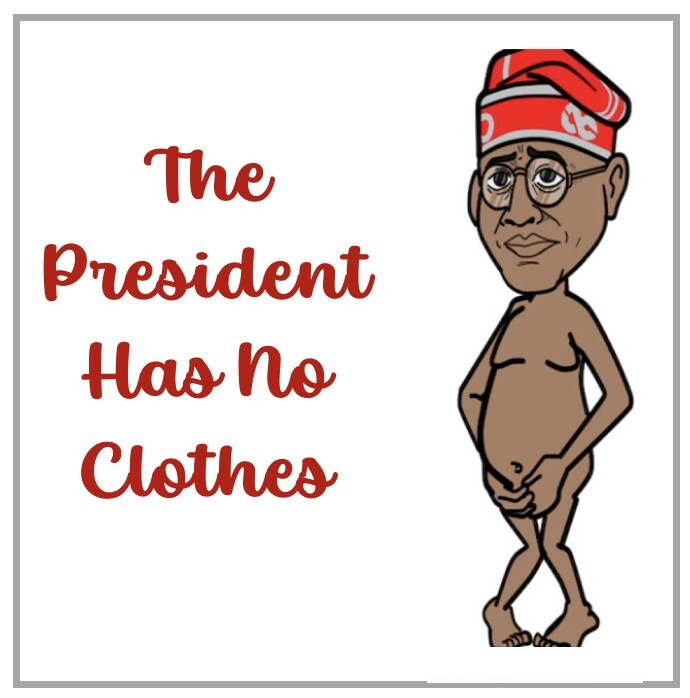
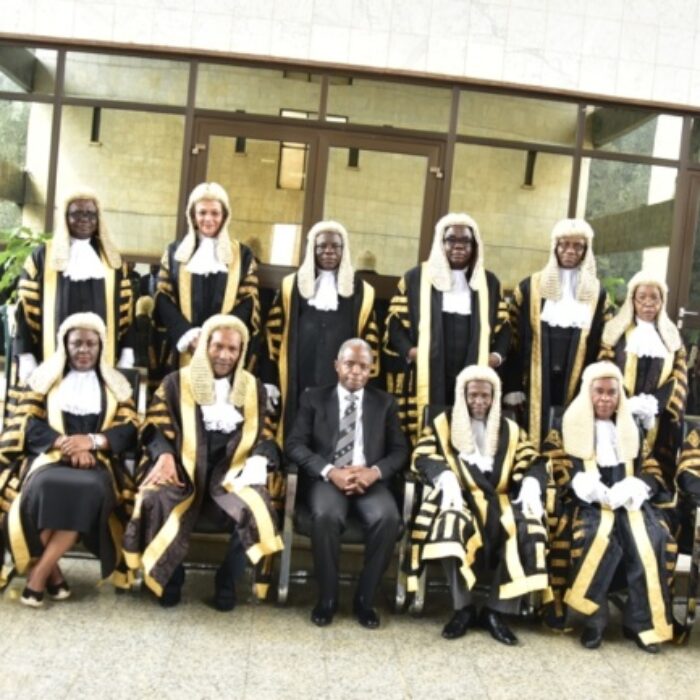
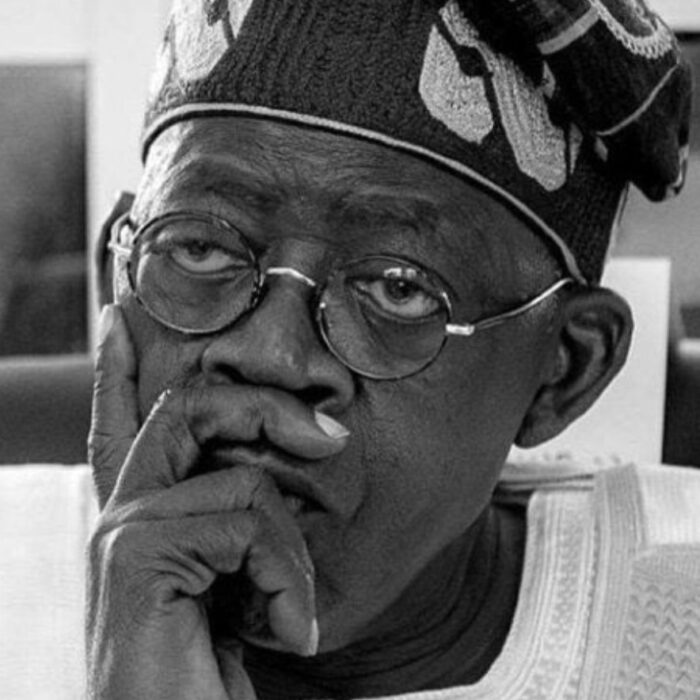
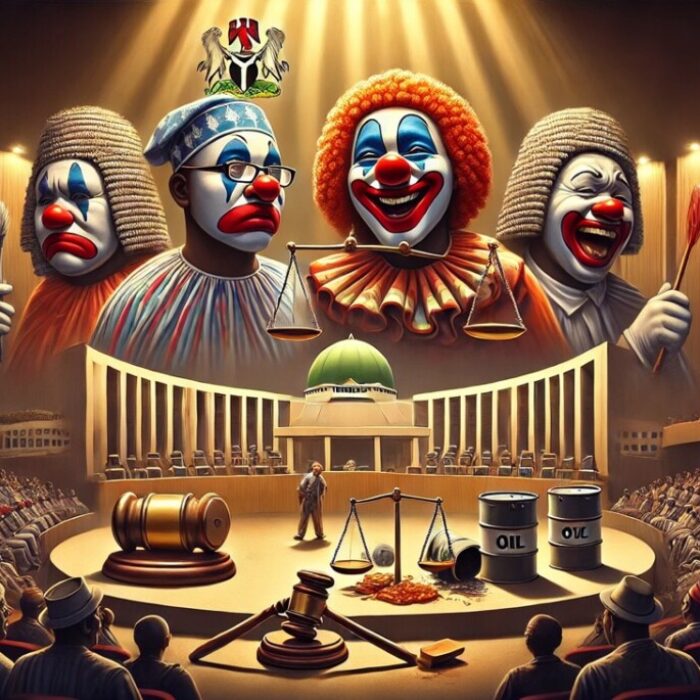
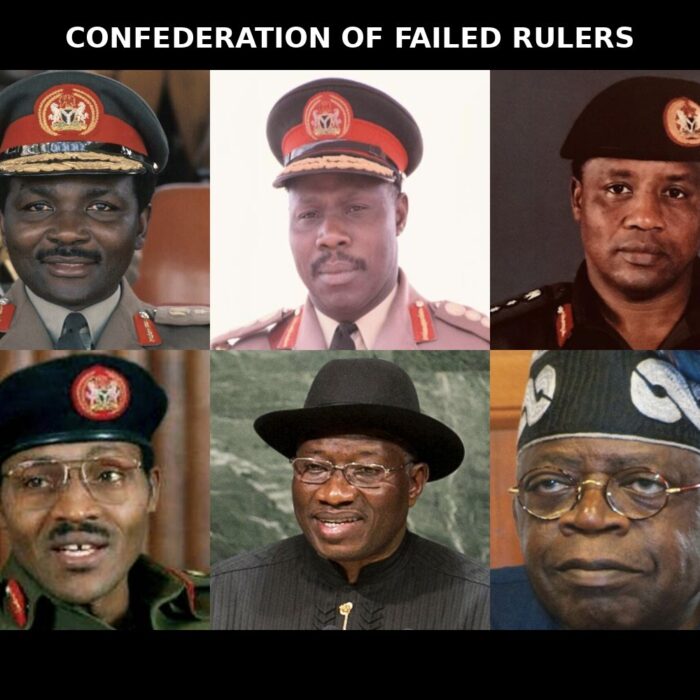
I was wondering why CSU was playing cat and mouse when this issue initially arose. The so called typos ( inadvertently stating his gender as female as well as his graduation year mistakenly being put as 1997 rather than 1979) are one too many mistakes for any reputable university to make. I personally have no faith in our judiciary and legislative assembly. This particular National Assembly, especially the Senate is a rubber stamp. You need to have watched the Ministerial screenings. For a country with vast intellectual potential, we still accepted to choose mediocrity. I look at my kids and wonder what kind of future they would have in this country. There’s no tangible benefit for being a Nigerian (I stand to be corrected) and a lot of us have lost faith in our leadership. Crime, drug abuse and suicide rates are spiralling out of control. At this rate, It’s only a matter of time before the country implodes.